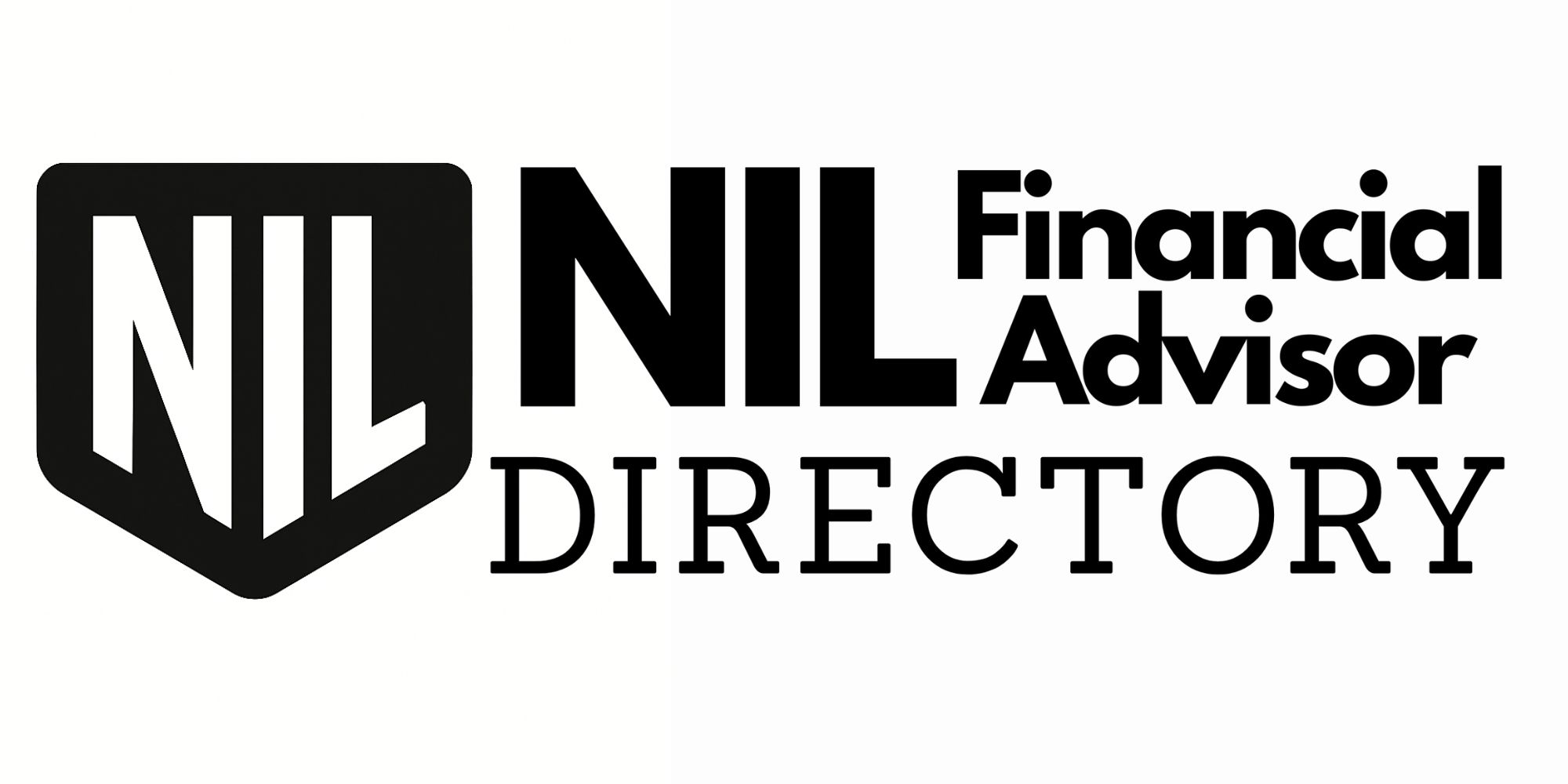Separating Personal and NIL Finances: Why It Matters
When NIL (Name, Image, and Likeness) income starts rolling in, it’s easy to treat it like any other money — depositing it into your regular checking account and spending from there. But here’s the truth: mixing your personal and NIL finances is one of the fastest ways to create tax headaches, overspend, and lose track of your business responsibilities.
Separating your NIL and personal money isn’t just a good habit — it’s a smart business move that can save you time, money, and stress.
1. Taxes Are Simpler When You Keep Accounts Separate
Every NIL payment you receive is considered self-employment income. That means the IRS — and in many cases your state tax agency — expects you to:
Track all NIL-related deposits
Keep detailed records of NIL expenses
Report accurate totals at tax time
When your NIL income is mixed with personal deposits (like student refunds, gifts, or part-time job paychecks), figuring out what’s taxable becomes messy.
Benefit of separation:
You can easily run a bank statement report showing only NIL transactions.
Your CPA won’t have to sort through personal expenses to find deductible ones.
You reduce the risk of missing income or deductions — which can save you money and keep you compliant.
2. Budgeting Becomes More Accurate
NIL income is unpredictable — you might have a big sponsorship deal one month and no payments the next. If it’s mixed with personal money, it’s harder to tell:
How much you really earned from NIL this month
How much of that is safe to spend
Whether you’re hitting your savings and tax goals
Benefit of separation:
You see your NIL “business” income and expenses at a glance.
You can decide how much to transfer into your personal account as “pay” each month.
You won’t accidentally spend tax money or savings on personal wants.
3. Compliance and Professionalism
Whether you realize it or not, NIL income makes you a business owner. And like any business, you have to follow rules — from school compliance forms to IRS regulations.
If you ever need to show proof of NIL earnings or expenses:
Compliance offices may require documentation of deals, payments, and related costs.
Tax audits will go much smoother if your NIL transactions are in their own account.
Future sponsors may see your organization as a sign you’re serious about your brand.
Benefit of separation:
It’s easier to present clean, professional financial records without mixing in personal spending.
4. How to Set Up Separate NIL Finances
Open a separate checking account — ideally in the name of your NIL business if you form an LLC, or in your personal name labeled “NIL Income” if not.
Deposit all NIL payments into this account only.
Pay NIL-related expenses (travel, equipment, marketing) from this account.
Transfer your personal “salary” from this account to your regular checking once or twice a month.
Maintain a separate savings account for taxes, moving money there every time you get paid.
The Bottom Line
Separating your personal and NIL finances is a simple step that pays off in big ways: easier taxes, better budgeting, cleaner compliance, and more credibility with sponsors and professionals.
By treating your NIL income like a business from day one, you protect yourself financially and position your brand for long-term success.
Ready to build your NIL financial team? Use the NIL Financial Advisor Directory to find advisors, CPAs, and business managers who can help you set up your accounts the right way.
